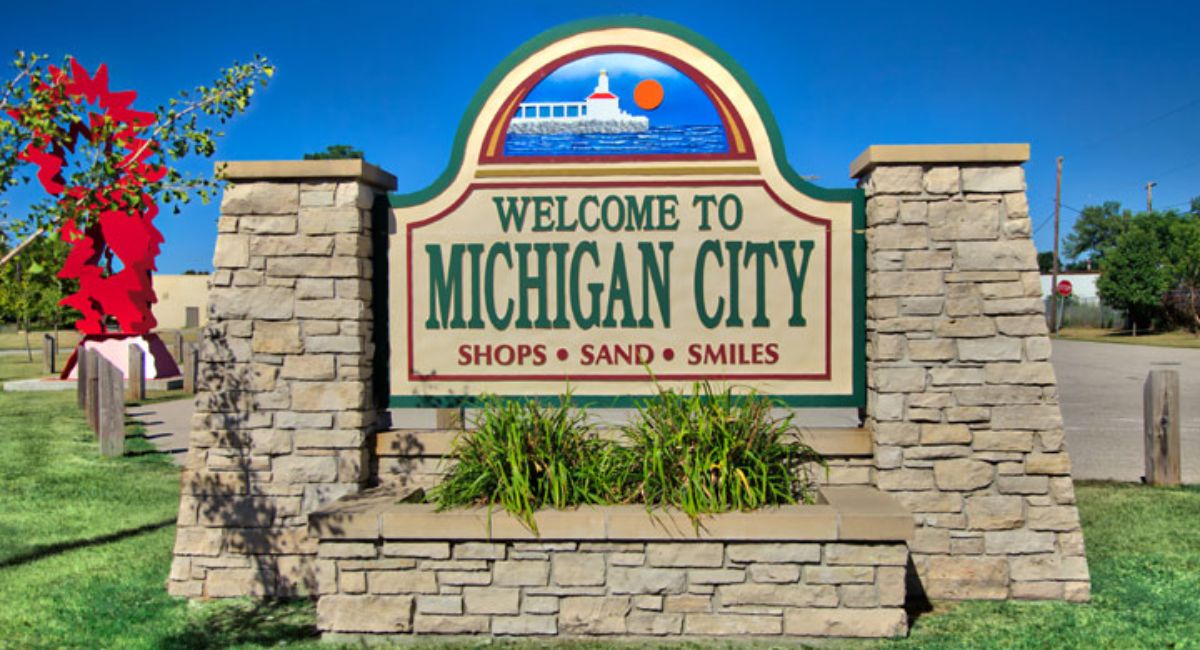NEW ORLEANS — Cynthia “Cindy” Robertson once flew red flags outside her home in Sulphur, Louisiana, to warn neighbors about dangerous pollution levels from nearby industrial plants. But she stopped after a state law threatened fines of up to $1 million for sharing air quality information that didn’t meet strict government standards.
On Thursday, Robertson’s group, Micah 6:8 Mission, joined other environmental organizations in suing Louisiana over the law, arguing it violates free speech and blocks communities from protecting their health.
Controversy Over Air Quality Reporting
The law, passed last May and called the Community Air Monitoring Reliability Act (CAMRA), requires groups monitoring pollution to use expensive EPA-approved equipment. Groups like Micah 6:8 Mission say the law is designed to silence grassroots monitoring efforts that use cheaper, but still effective, technology.
- The law threatens fines of up to $32,500 per day and $1 million for intentional violations.
- Louisiana excludes industry groups from these strict rules, sparking claims of unfair bias.
- Federal funding from the EPA has supported community monitoring, but state law now limits how that data can be shared.
Robertson said the law’s vague wording leaves community groups unsure about what they can legally share, forcing them to stop posting pollution data.
Pushback from Environmental Advocates and Officials
Plaintiffs say the law chills efforts to alert fence-line communities—areas adjacent to industrial plants—about pollutants not fully regulated under federal rules, such as carcinogens like chloroprene and ethylene oxide.
“This was very clearly an attempt to silence the science and stop people from sharing it,” said Caitlion Hunter, research director for plaintiff Rise St. James.
Louisiana Attorney General Liz Murrill defended the law, saying it ensures accuracy and safety, and disputed claims that it violates constitutional rights.
Broader Implications for Public Health
Environmental groups warn the law undermines efforts to empower residents in heavily polluted areas to monitor their own air quality and hold polluters accountable.
The lawsuit challenges the idea that community groups’ data is less credible than industry or government monitoring, pointing to unequal treatment.
Both the Louisiana Department of Environmental Quality and the EPA declined to comment due to the ongoing legal proceedings.
Information sourced from:
- Micah 6:8 Mission
- Environmental Integrity Project
- The Associated Press

 by
by 

